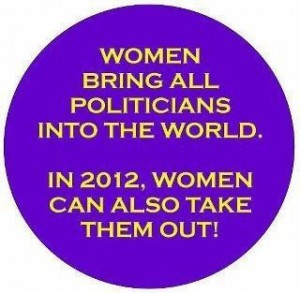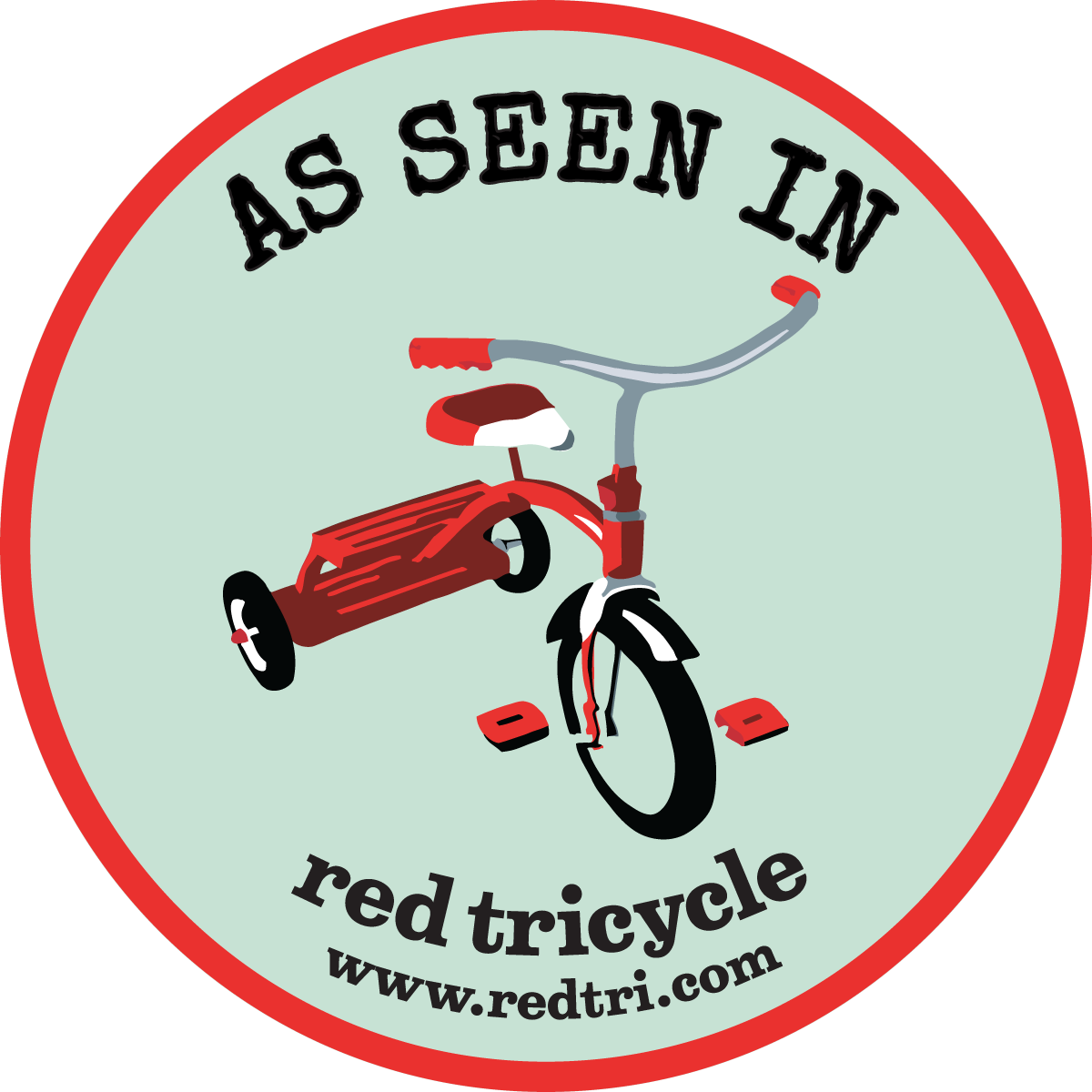A few weeks ago, many of you probably saw Brigid Schulte’s piece in the Sunday Outlook section of the
Washington Post,
What’s so bad about American parents? You might have seen that I had a pretty
negative reaction to her piece, mainly because I felt she had this remarkable and influential platform and used the majority of her column inches on tired subjects like what actually IS wrong with our parenting and those elusive mommy wars. What I did appreciate about her piece, because some of you have asked me and I guess I did a bad job of articulating it the first time, was the final few paragraphs where she addressed that we are an achievement oriented culture. I wished she didn’t bury the most insightful part of her column, from my perspective. So, in my endless curiosity and flirtation with over-analysis, I decided to turn again to Meghan Leahy,
Parenting Coach, who I last interviewed on
how not to raise praise addicts. By the volume of traffic to my site from that post, I’m thinking I wasn’t alone in appreciating Meghan’s advice. Here’s what she had to say in response to my questions:

Don't they look so happy and balanced?
Wired Momma Q
: You know that I’ve themed 2012 the year of
Moi Loves Moi on my blog because I am just so tired of women beating themselves up. It doesn’t do anyone any good, starting with their own confidence and how that spills over into their kids. What I did appreciate about Schulte’s piece was her discussion towards the end about our pursuit of happiness and being an achievement-centered culture.
When we last worked together on a post you made a point that really resonated with me – you commented that there is a bell curve for a reason and most of our kids are average – and we should celebrate our kids for who they are. Can you say some more about this because I think it’s
relevant here. Do you agree that we are a culture that pushes perfection on kids to the detriment of the kids as they grow up? And if studies are finding achievement does not lead to happiness, how does this concept that pushing kids to work hard and celebrate their diligence – instead of heaping empty praise – fit in here?
Meghan Leahy Response: Interesting questions here…I am thinking that achievement IS good for our kids, except I would rephrase achievement as “Giving back” or doing something significant. Something tangible in the world. You can achieve great and amazing things, but
if as a person, you feel that you have no impact, no human to human contact, no
acknowledgement, you often feel empty.
So that question for parent is not if achievement leads to happiness (which I prefer to call contentment), rather WHOSE achievement is it…and how do we balance our dreams with our kids own desires, passions, and talents. We want to inspire INTRINSIC motivation in
our kids to achieve, work hard, etc. Threatening, begging, REWARDING, stone-walling can all push our kids down the path of achievement, we see it every day. But there is a cost. There is always a cost when the body does what soul does not want. I don’t know if parents are living out their unfilled dreams, their insecurities, or if they see a talent in their child and, out of pride (dangerous emotion), push and push. But some, not all, parents make their children into achievement products rather than helping them enter into the world understanding the value of hard work and failure.
WM Question: Excellent insight. I think it’s really important that as parents, we do take the time to acknowledge what our kids want instead of what WE want them to want. Schulte interviewed some experts who noted that we should be parenting for happiness first and then achievement. But it seems to me these things are not mutually exclusive. If American parents are pushing achievement on their kids by over scheduling them with activities – then do you think instead of focusing our energy on seeking the elusive work-life balance for ourselves – what we
instead should be prioritizing is teaching and guiding our kids to find the right kid-balance? How does a parent strike the right balance in activities and free time? This seems to be a common critique of American parenting styles lately.
Meghan Response: Wow, great questions. So, if you promote balance in your children’s lives, but you yourself are running around like a maniac, never taking care of yourself, martyring yourself at every turn, allowing your mental health and body to suffer…your children see all of that. So, like the child who is lectured to be honest and good and then sees his parents cheat on each other, lie to others, be dishonest in their business dealings…what lesson remains?
Hypocrisy, for sure, and the child will almost always follow the role model, not the lecture. As I learned at PEP (The Parent Encouragement Program), children are “keen observers and poor interpretors”; meaning they are WATCHING their parents for how to live.
Do you kiss your spouse? Do you see friends? Do you work in something that brings you joy? Are you responsible with money? So, if you want your children to value being quiet in themselves here and there, being creative, NOT constantly being entertained, living stress-free, the PARENT is the only person who can model that and create the home environment. We cannot inundate our children with activities and then wonder why they are stressed. The same is true for us. If we accept every volunteer opportunity, work opportunity, party invite, etc. what are we modeling? “I say yes. To everyone. Above my family. Above my spouse. Above myself.” This is a “slow-death” life, pick-pick-picking away at you.
So, the balance MUST begin with the parent. They cannot model what they do not live, they cannot give what they don’t have. And beyond wanting your child to live according to his or her own values, every parent is a human and deserves to not run around like a wild person. What is the point of life?
WM Question: Really excellent perspective, I appreciate it. Final question: Schulte’s experts say that the cortex of fear for American parents is around achievement. And I admit, I regularly have to check myself with just my kindergartener. She’s reading a grade level above yet I don’t think she is in the most advanced reading group in class – and I often have to have a conversation with myself that I am being ridiculous. Do you see this and what is your advice for parents to keep themselves in check? I can obviously see how this grows deeper as the kids age and the stakes are higher.
Meghan Response: Oh, it’s hard. Parents are constantly being told to relax or
be vigilant. We are told that kids develop on their own and in their own way, but watch (like a hawk) so the kids can get early interventions (just in case). We are given pre-natal care out the ying-yang, but are dropped like hot-potatoes when we leave the hospital (which the following weeks are some of the most harrowing ever in a woman’s life).
We are successful, career-minded women who gave up “something” to sit on the floor and color and so we watch the child. We watch our new investment, our new project, our new career. We wanted to be good students, good lawyers, and now good mothers. But it doesn’t work out that way. No one gives you grades, there are no job reviews, no raises, and no corner offices. Hell, the kid throws food in your face when you have puree organic mango. That’s
the thanks you get for putting your life on hold.
So, when you have your little reader (who is clearly doing fine), and you worry, you need to ask
yourself, “Who am I worried about here?” And “Are my worries grounded in REALITY?”
No, they are not. Because if they were, that would mean that the definition of being a great mom is that your child MUST BE THE BEST AT EVERYTHING. Good grief. Can you imagine? Who will have the mental breakdown first, you or the kid?
Parents need to understand there are no guarantees. Yes, of course, you set your family on a path and you should. That’s your job. But schools, activities, tutors, beauty, athleticism, money…you can throw it all at your kids physically or genetically and, sorry, still no guarantees. Life is too complicated and wonderful for that. That would mean kids with little resources would never succeed, and kids who have everything should live out beautiful lives and marriages (cough, cough, that ain’t happening).
As the saying goes “Sh#t happens” and that is wonderfully comforting. This means that a parent can say “I am going to read this book to you because I love books, and it is good for your brain,
and this is wonderful being together.” NOT “We are reading this book so you can get a jump on nursery school and go to Princeton like your father.” Because Princeton is not a guarantee.
Your commitment to living an authentic life as human, caring about VALUES like hard-work, diligence, and yes, achievement (not JUST for your kids, for YOU), your willingness to make mistakes and move through them (achievement MUST come with errors, otherwise it is a gimme and then, not an achievement), and above all, LOVE is what keeps a parent in check.
The voices in your head will tell you to worry and fear, but if you trust your own judgement, you
will know when concern and action are needed and when you are just wallowing in
negative thinking. REALITY doesn’t lie, so trust what is in front of you, your actual life. Your life doesn’t need balancing, it is simply happening and needs to you to join in.
If every parent took more responsibility for themselves (emotionally) and spent LESS attention
worrying about their kids (yes, you read that right), then the balance would naturally occur.
At least, that’s my humble opinion. Because if worrying, hand-wringing, and controlling others worked, I would have a PhD in it, would have written a book and would be teaching seminars about how to worry better. So far, it hasn’t gone that way…
I think a favorite quote of mine is really applicable here: “Your life is not in your head. Come out and play.” ~Baron Baptiste
WM: Wow. Excellent perspective from Meghan, as we would only expect. Thank you so much, Meghan, for taking the time to answer my questions. If you want to hear more of Meghan’s thoughts and insights, be sure to
“Like” the Meghan Leahy Parenting Coach Facebook page. And as always, if you haven’t
“Liked” the Wired Momma Facebook page, you are most definitely not balanced and most definitely missing out.












